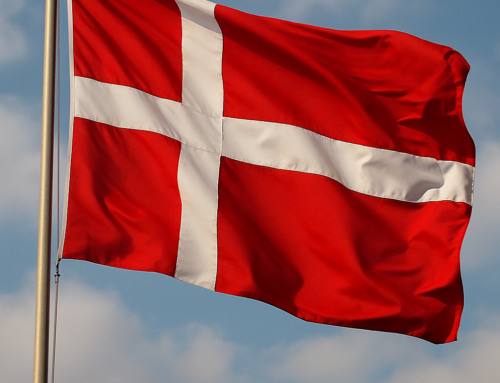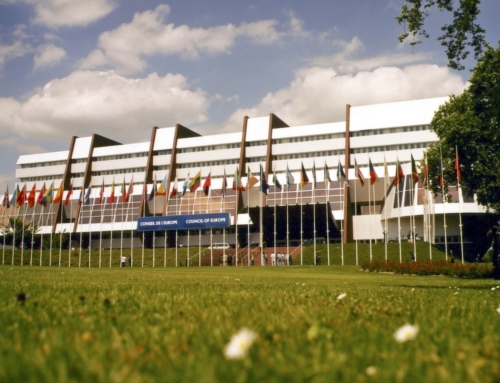Brussels, 11th April 2024
Reacting to the vote, FAFCE President Vincenzo Bassi commented, “this vote is nothing more than cynical political posturing before the European elections. The matter of abortion is not in the ambit of the European Parliament. Institutions at the EU level are tied to the principle of subsidiarity, which protects member states to legislate within their jurisdictions. This vote will have no material effect on anyone, except to agitate ideological support during an electoral campaign.”
FAFCE reminds that abortion regulation is a competence of member states, in accordance to the principle of subsidiarity. This is a political call with no legal impact. Moreover, the right to conscientious objection is a fundamental right enshrined in the EU Charter, which must be protected in the context of abortion.
FAFCE clarifies that this resolution has no legal repercussions, and that abortion cannot be added to the EU Charter as it is contrary to the spirit of the Charter as well as to the fundamental rights that it already recognises. It remains the case that abortion is not a fundamental right – there is no such thing as a right to take a life.
In order to actually modify the EU Charter of Fundamental Rights, the Treaties of the European Union must pass the modification with the unanimous approval of all member states.
Vincenzo Bassi, President of FAFCE, added that “even the European Court of Human Rights does not recognise a right to an abortion, neither does any international court. This is, in effect, merely a manifesto motion for ideological purposes, with no juridical foundation. This serves no woman or child in the European Union.”
Vincenzo Bassi, President of FAFCE, continues: “Don’t be fooled – this is not about access to abortion or about supporting women. This is about using women as a political pawn. Instead of leaving women isolated in difficult situations, they should be supported. Networks of family associations should be valued as protagonists in walking with the women who find themselves lonely and anxious.
“We should promote the real choice of life, by informing and resourcing the family which serves the common good. It is possible to be in favour of life and in favour of choice too – the choice for women to have children and for communities to grow through new lives. Concrete social policies that support women and children would go much further than ideological declarations that have no impact on the reality.”








